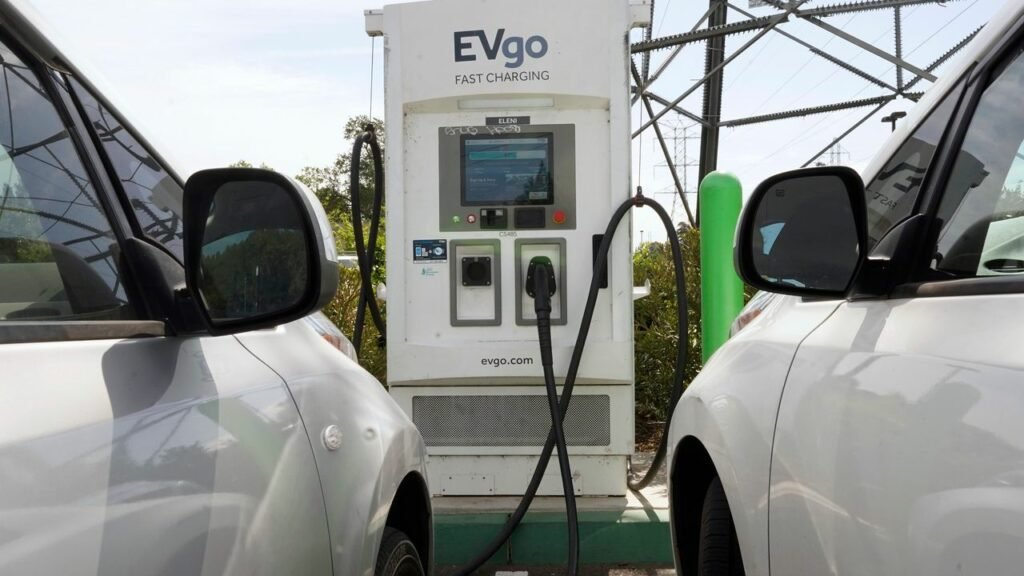India is making notable progress in building its EV charging infrastructure to phase out diesel vehicles within a specific timeframe, but there is still a considerable distance to cover. Currently, the ratio of EVs to EV charging stations stands at nearly 9:1, while the ideal ratio should be 4:1, meaning four cars per one charging point.
According to industry experts, most public EV charging stations are currently concentrated in tier 1 cities and along certain highways. As of the end of 2022, India had 2,700 public EV charging stations with 5,500 charging connectors. By the end of 2025, the country is expected to increase the number of public EV charging stations to 10,000.
“However, for mass EV adoption to occur, charging infrastructure must be accessible throughout the country to encourage people to choose EVs for long-distance travel,” senior analyst Soumen Mandal from Counterpoint Research told IANS.
Leading EV ride-hailing and charging provider, BluSmart Mobility, currently operates a fleet of 3,500 EVs for ride-hailing services in Delhi-NCR and Bengaluru. They have ambitious plans to expand their fleet to 10,000 EVs in the fiscal year 2024.
The government has been actively supporting the EV industry through initiatives such as the Faster Adoption and Manufacturing of Electric Vehicles (FAME1 and FAME2) schemes, with a significant focus on developing the EV charging stations infrastructure.
Their target is to electrify 70% of all commercial vehicles, 30% of private cars, 40% of buses, and achieve 80% of two-wheeler and three-wheeler sales as EVs by 2030.

In the Union Budget 2023-24, the Central government announced an extension of customs duty exemption on the import of capital goods and machinery required for the production of lithium-ion cells used in EV batteries. This move has been widely applauded by industry players. Additionally, subsidies on EV batteries will be extended for an additional year, making EVs more affordable in the country. To further boost the EV industry, the government introduced the Production-Linked Incentive (PLI) scheme for battery manufacturing in May 2021.
As EV adoption continues to grow in India, it is projected that electric two-wheeler sales volume in the country will reach 22 million by 2030. According to a recent report by Redseer Strategy Consultants, electric two-wheelers are expected to comprise over 80% of the overall two-wheeler market by 2030.
Earlier this year, EV charging solution provider Statiq announced plans to install 20,000 EV charging stations across the country in the fiscal year 2023. The company currently boasts over 7,000 public, semi-public, and captive chargers throughout India.
Also Read:


